My research focuses on migration and mobility in the ancient Greek world with the goal of understanding the lived experiences of migrants themselves. Currently, I am working on the burial practices of migrants who died in Classical Athens (5th-4th centuries BC). While archaeological interpretations of migrant burials have traditionally focused on the degree to which migrants are assimilated or “othered,” I argue that intersecting aspects of identity, such as age, gender, and status, along with the circumstances of the migration event must also be considered in order to develop a migrant-centered approach to the ancient evidence. This work also draws on anthropological and sociological studies of contemporary migrant funerals, as well as my own experiences growing up as part of two migrant communities in Los Angeles.
I am currently part of two excavation projects, including at the site of Naukratis, a Greek port-of-trade in Egypt, a site which offers insights into how migrant Greeks lived, traded, worshipped, and interacted with the local Egyptian community in the 6th-4th centuries BC. In addition, I am working at the site of Methone in northern Greece, a colony of Eretria in southern Greece, where I am publishing the material from a 7th century BC workshop that produced ceramic, bronze, and ivory objects. I am also interested in the history of the discipline of archaeology, how the ancient Greco-Roman past has been used throughout history until today and am passionate about making the field of Classical archaeology more diverse and accessible.
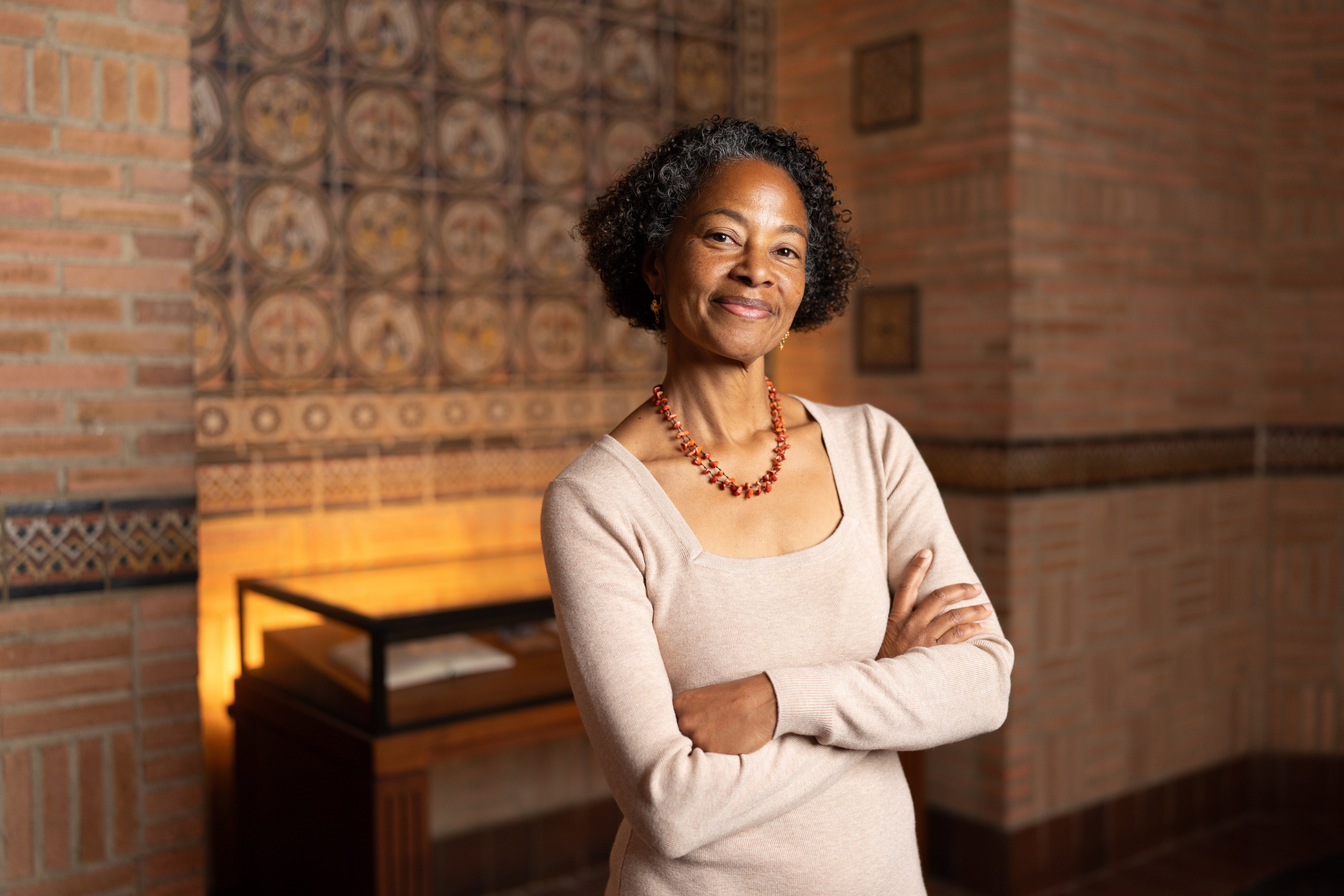
Solange Ashby received her Ph.D. in Egyptology from the University of Chicago. Dr. Ashby’s expertise in ancient languages, including Egyptian hieroglyphs, Demotic, and Meroitic, underpins her research into the history of religious transformation in Northeast Africa. Her book, Calling Out to Isis: The Enduring Nubian Presence at Philae, explores the Egyptian temple of Philae as a Nubian sacred site. Her second book explores the lives of five Nubian women from history including queens, priestesses, and mothers.
Dr. Ashby is an Assistant Professor in the department of Near Eastern Languages and Cultures at UCLA where she teaches Egyptology and Nubian Studies.
Zainab Bahrani is the Edith Porada Professor of Art History and Archaeology and Chair of the Department of Art History at Columbia University. She writes on ancient art and philosophical aesthetics, the history and politics of archaeology, collecting and the modernist and contemporary art and architecture of Iraq. She has also published widely on the destruction of historical heritage in war and occupation. Bahrani directs the Mapping Mesopotamian Monuments projects to document and conserve historical architecture and rock reliefs in Iraqi Kurdistan, northern Iraq, and southeastern Turkey. Since 2019 she has been the Director of the Bahdinan-Mosul Gate conservation project in Amadiya/Amedi in Iraqi Kurdistan.
Bahrani is the author of several books including Women of Babylon: Gender and Representation in Mesopotamia (Routledge, 2001), The Graven Image: Representation in Babylonia and Assyria (University of Pennsylvania, 2003), Rituals of War (Zone/MIT, 2008) which won the American Historical Association Prize, and The Infinite Image: Art, Time and the Aesthetic Dimension in Antiquity (Reaktion/University of Chicago, 2014) which won the Lionel Trilling Prize, and Mesopotamia: Art and Architecture (Thames and Hudson, 2018). She is also editor and co-author of volumes written to accompany her co-curated exhibitions: Scramble for the Past: A Story of Archaeology in the Ottoman Empire 1753-1914 (Istanbul, 2011) and Modernism and Iraq (New York, 2009). Her new book is, War Essays, UCL Press, 2025. Distinctions include election to the Slade Professorship at Oxford, and awards form the Getty Foundation, the Mellon Foundation, a 2003 Guggenheim, and a 2019 Carnegie award. In 2020 she was elected to the American Academy of Arts & Sciences.
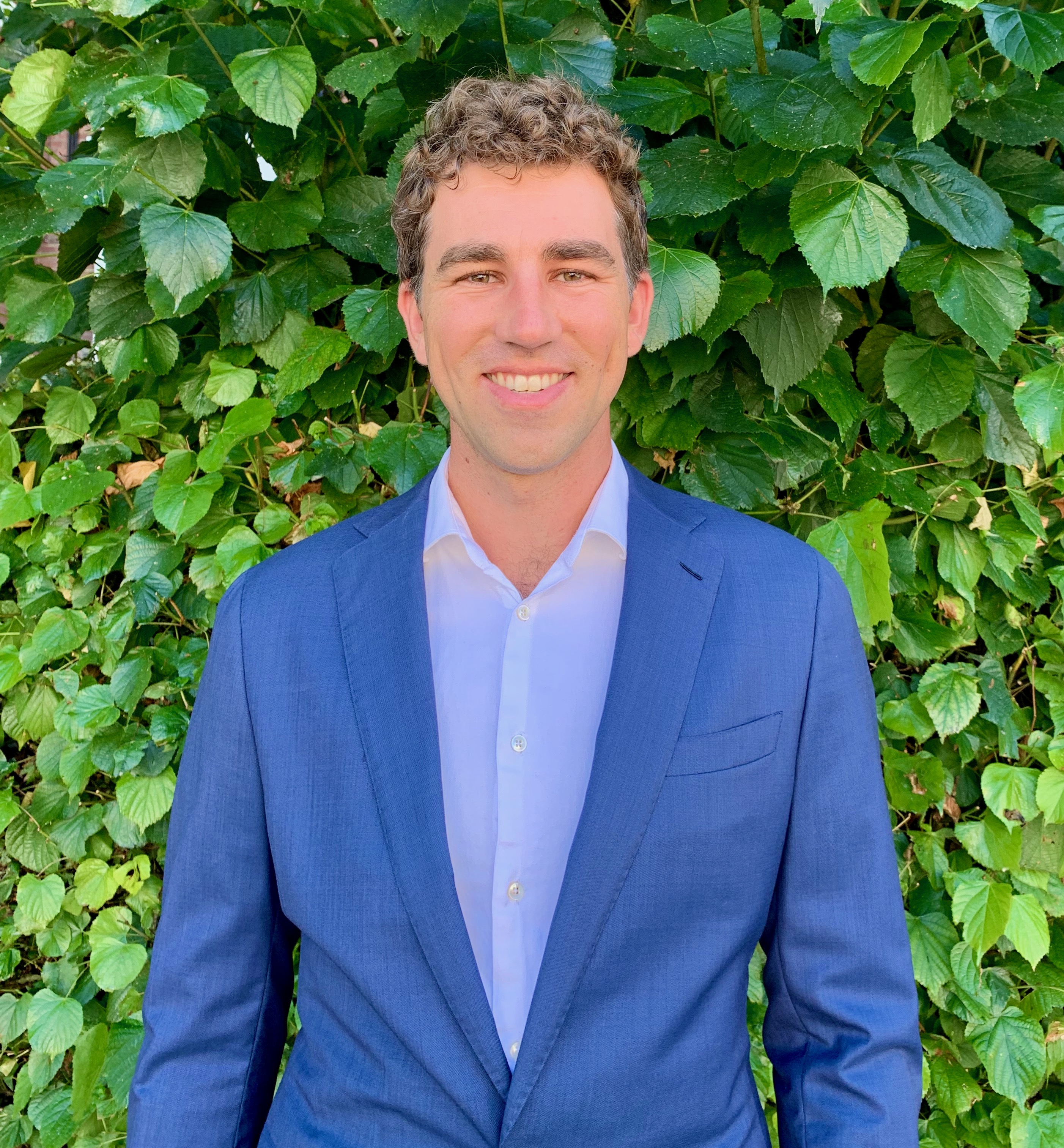
Nicholas Bartos is an Assistant Professor (Full-Time Adjunct Appointment), having joined the Department of Classics at UCLA in 2024. He completed his PhD in Classics at Stanford University (2024) and previously received an MPhil in Archaeology from the University of Oxford (St. John’s College, 2015) and a BA in Archaeology and the Ancient World from Brown University (2013).
His research principally focuses on how maritime connections structured socioeconomic life in the Mediterranean and the western Indian Ocean during the Roman period. Through ongoing archaeological fieldwork in Egypt, Italy, and India both on land and underwater, Bartos analyzes the material signatures of maritime activity to address questions about the formation of multicultural seaside communities, the development of the ancient economy, and the long-term trajectories of social history.
His current book project uses computational sailing models, port assemblages, and ancient texts such as the Periplus Maris Erythraei to trace the evolution of commercial relationships in the Red Sea, Persian Gulf, and Arabian Sea between the Roman annexation of Egypt (30 BCE) and the Arab Conquest (639 CE). As part of this research, he is a ceramicist at the Berenike Project on the Egyptian Red Sea and has studied material at several sites along the coast of western India.
In the Mediterranean, he has worked in southeastern Sicily for the past ten years, first on the excavations of the Marzamemi 2 shipwreck and currently as field director for underwater survey at the ports of Vendicari, Marzamemi, and Portopalo di Capo Passero with the Marzamemi Maritime Heritage Project. Other ongoing work centers on the colonial legacies of the ancient Indian Ocean, interactions between indigenous nomadic groups and others in the Eastern Desert of Egypt, cultic practice and ritual in cosmopolitan port sites, and methodologies of maritime survey and the computational modeling of ancient mobility.
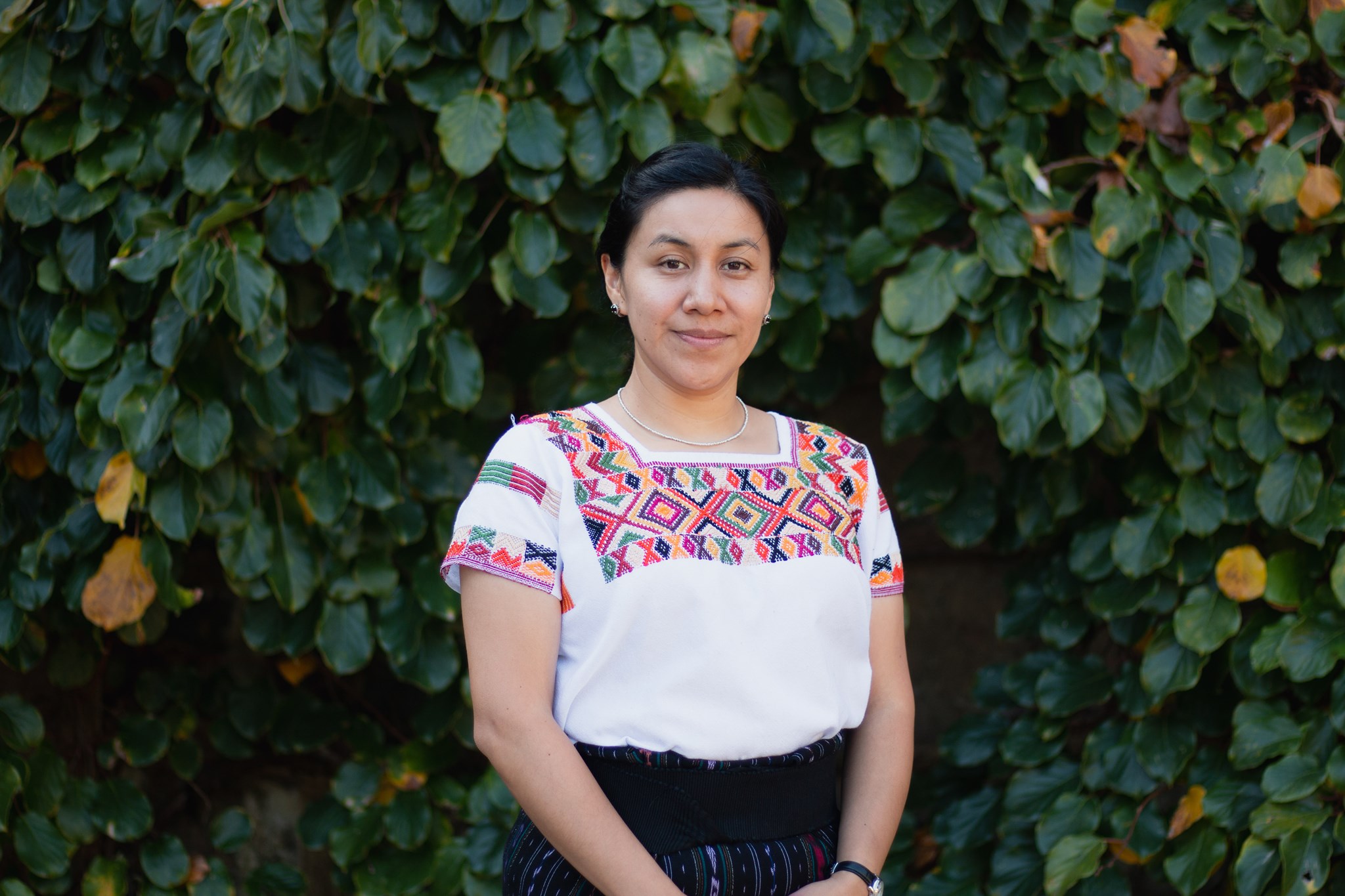
Iyaxel Cojtí Ren, originally from Chichicastenango, Guatemala, is a K’iche’ cultural archaeologist. Iyaxel completed her PhD in the department of anthropology at Vanderbilt University in Nashville, TN. Since 2021, she has worked as an assistant professor at the University of Texas at Austin. She serves as director of the Baja Verapaz Regional Archaeological Project (PARBEZ) and as co-investigator of the Mayalex Project. Her research and publications focus primarily on the archaeology, history, and culture of the Maya highland nations of Guatemala, especially from the Postclassic period. Cojtí Ren received a fellowship from the Newberry Library in Chicago for 2024-2025 to focus on her forthcoming publications.
Iyaxel Cojtí Ren is our 2025 Society Sunday Lecturer.

Chip Colwell is an associate research professor at the University of Colorado, Denver, and the editor-in-chief of SAPIENS, a digital magazine of the Wenner-Gren Foundation about anthropological thinking and discoveries. He is the author and editor of 13 books including Plundered Skulls and Stolen Spirits: Inside the Fight to Reclaim Native America’s Culture, which received six major book awards.
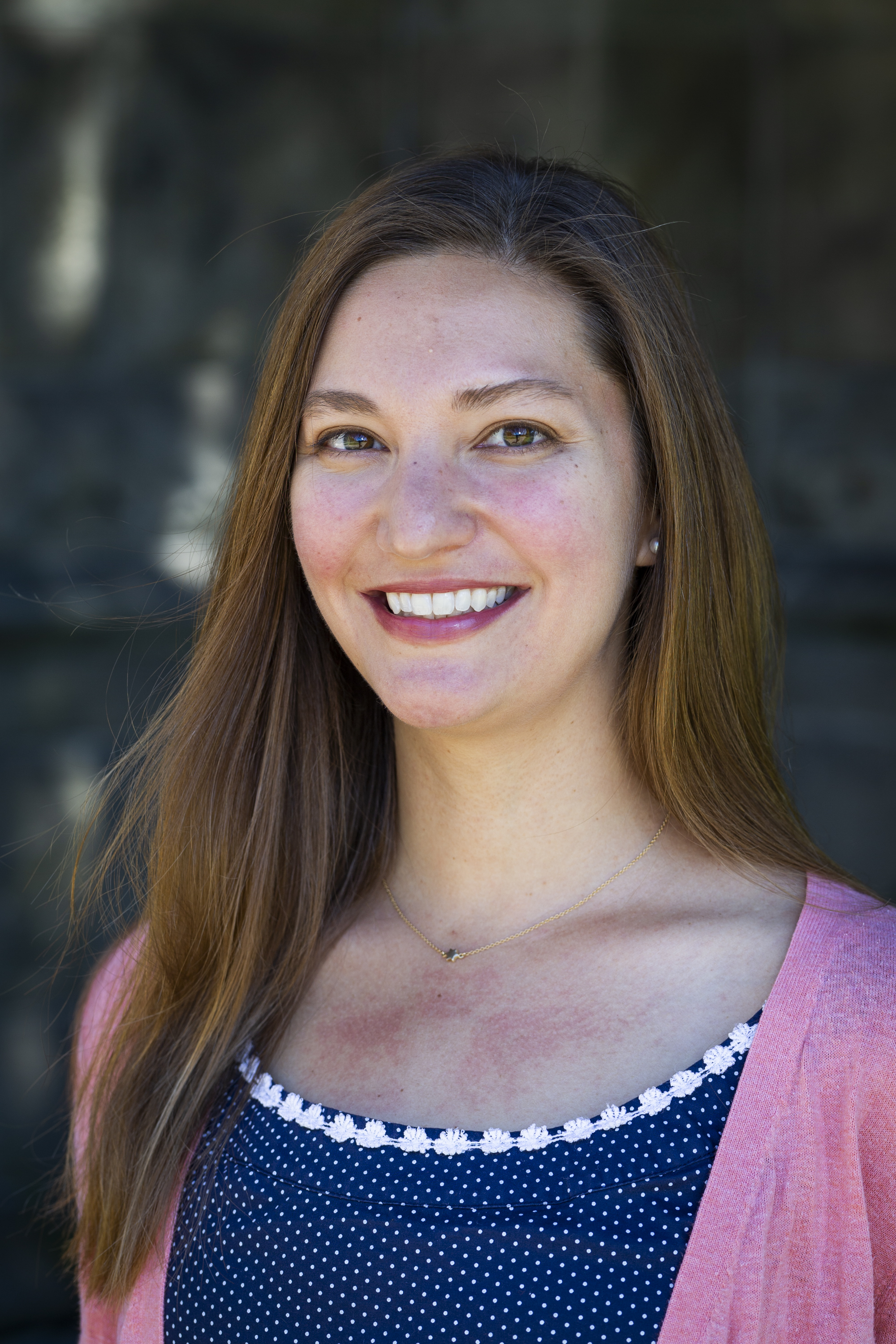
Melissa Cradic is Lecturer in History and Judaic Studies at SUNY-Albany, Curator at the Badè Museum of Archaeology, and Assistant Director of Research and Partnerships at Open Context, an open-access archaeology data publisher. She holds degrees in archaeology from University of California-Berkeley (Ph.D.), University of Cambridge (M.Phil.), and The George Washington University (B.A.). A field archaeologist specializing in sensory archaeology and mortuary ritual of the ancient Levant, she curates a collection from Tell en-Naṣbeh at the Badè Museum and teaches history and archaeology of the ancient Middle East. Her research has been supported by NEH, Palestine Exploration Fund, and ASOR, which awarded her the 2022 Community Engagement and Public Outreach Award and the 2023 Membership Service Award for her digital humanities projects. She has held residential fellowships at the Albright Institute of Archaeological Research in Jerusalem, Herbert D. Katz Center for Advanced Judaic Studies at the University of Pennsylvania, Getty Research Institute, and German Archaeological Institute in Berlin. She is co-editor of two forthcoming volumes: Unsilencing the Archives: New Approaches to the History of Archaeological Labor in the Mandate Period Middle East (forthcoming, AASOR) and Megiddo VII: The Shmunis Excavations of Tomb 16/H/50 and Burial 16/H/45 (in press, Tel Aviv University). She is one of the Ettinghausen Lecturers for the 2024/2025 National lecture Program season.
Dr. Okasha el Daly is an Egyptian historian/Egyptologist, specializing in ancient Egypt’s history, art, religion, and languages. His research interests cover Egypt’s history and cultural heritage from the birth of its civilization to contemporary history and current affairs. Dr. El Daly’s main interest is exploring links and relationships between cultures, past and present. He studied Egyptology at Cairo University and gained his PhD from the Institute of Archeology at the University College London. He taught in Egypt, and the UK, such subjects as the History of Egyptian Art, the History of Egyptian Archaeology, Egyptian Religion, the Historical Geography of the Nile Valley, and the History of Science in the Islamic World. He has directed several international projects in the UK, Qatar and Sudan. As a guest lecturer, he leads tours to Egypt and the Mediterranean for the Archaeological Institute of America (AIA).
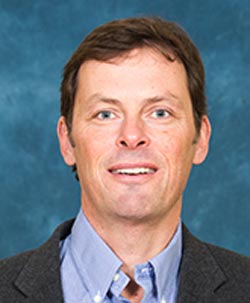
Dr. Geoff Emberling is an Associate Research Scientist working at the Kelsey Museum of Archaeology, University of Michigan. He holds his degrees from the University of Michigan (Ph.D.) and Harvard University, and his research interests include the ancient Middle East (Mesopotamia) and ancient North Africa (Nubia and Kush), particularly early states, cities, and empires, ethnicity and identity, heritage, and collaborative community archaeology. Since 2012 he has co-directed archaeological projects at El-Kurru and Jebel Barkal in northern Sudan. Dr. Emberling has recently co-edited The Oxford Handbook of Ancient Nubia (with B.B. Williams, 2021, Oxford University Press). His current publication projects include publication of his excavations in Sudan along with Excavations at Tell Brak, vol. 6: Institutions, Households, and Collapse in the Heart of Nagar, 2600-2000 BCE (co-edited with H. McDonald, in preparation). He is one of the AIA Joukowsky Lecturers for the 2024/2025 National Lecture Program season.
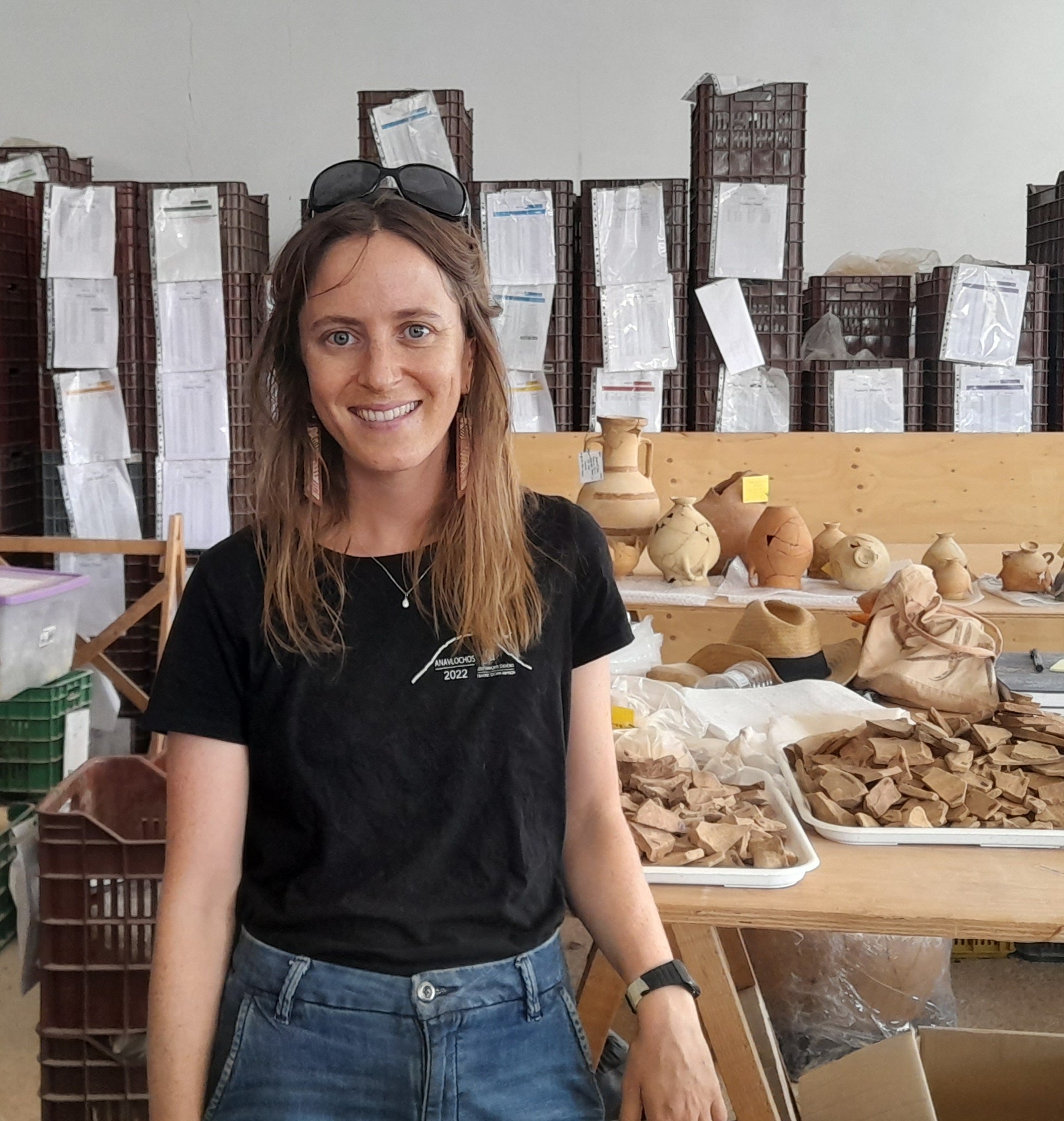
Grace Erny is an Assistant Professor in the Department of Ancient Greek and Roman Studies at the University of California at Berkeley. Her research focuses primarily on the archaeology and history of Greece and the Aegean in the first millennium BCE. She is currently working on a book about economic inequality, social differentiation, and rural communities in Early Iron Age, Archaic, and Classical Crete. Other published and in-progress work includes contributions on statistical approaches to survey data, Crete in the Homeric epics, the contemporary archaeology of the Greek countryside, the gender sociology of Mediterranean survey archaeology, and conservatism in Cretan material culture. She has worked as staff on three archaeological projects in Greece — the Western Argolid Regional Project, the Bays of East Attica Regional Survey, and the Anavlochos Project in east Crete — and has also conducted archaeological fieldwork in the Middle East and the American Southwest.
Notifications